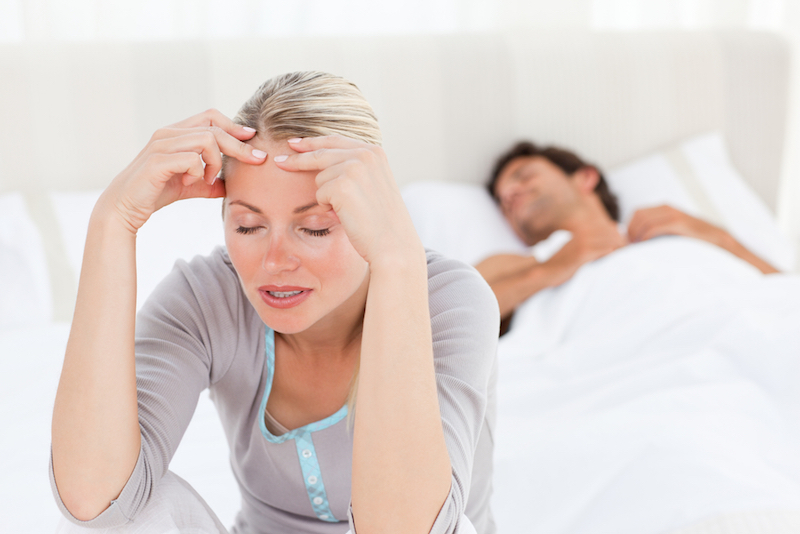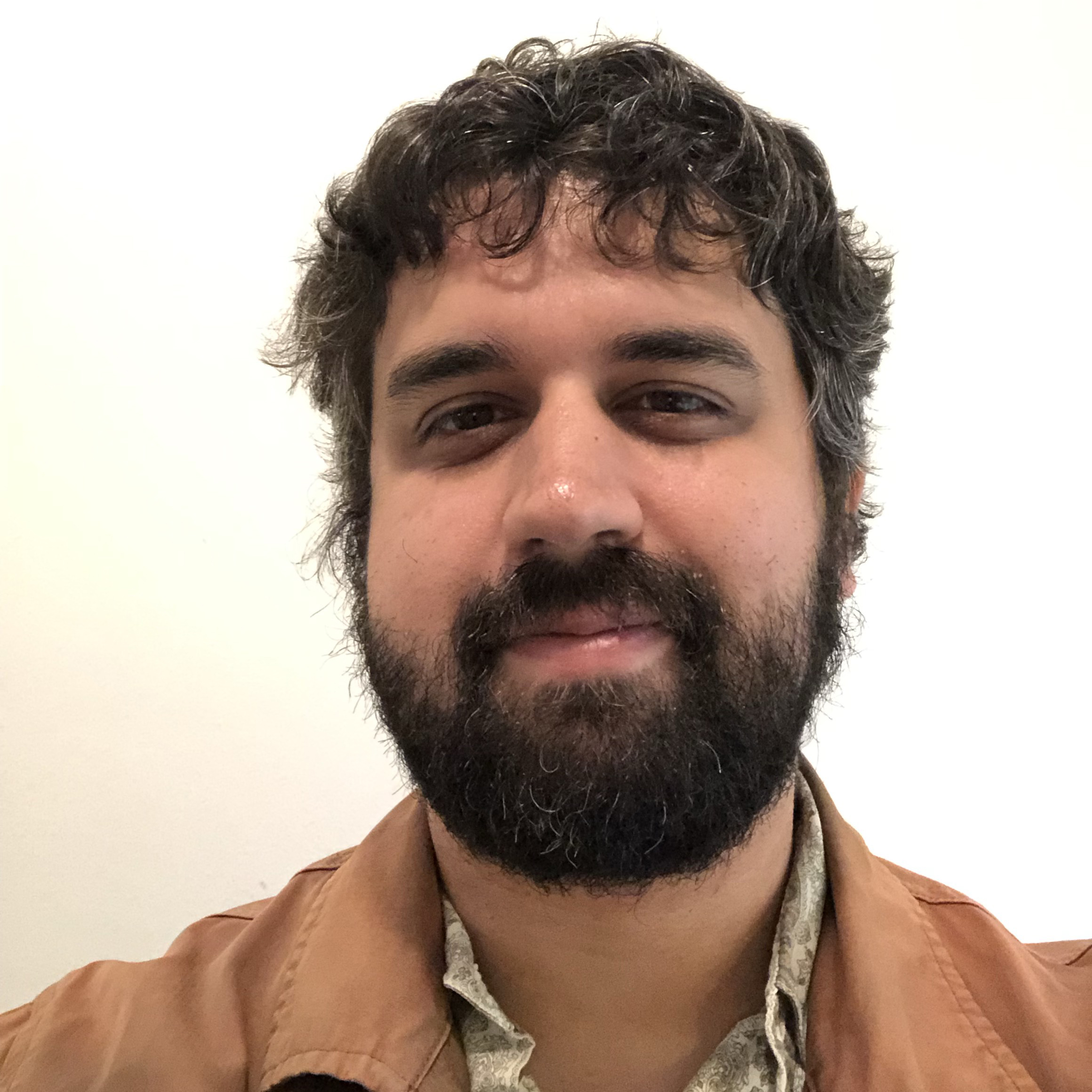Insomnia Can Worsen Chronic Pain Conditions

People who have problems sleeping may also be more sensitive to pain, thus potentially worsening the effects of chronic pain conditions, new research from Norway shows.
In the study, researchers measured pain sensitivity in more than 10,000 adults who were participants in the Tromsø Study, anongoing public health study in Norway that began in 1974.
The results of the study showed that people who had insomnia were more sensitive to pain than people who didn't have sleep problems. In particular, people who were experiencing chronic pain and who also had insomnia showed a greater increased sensitivity to pain. Pain sensitivity was also linked to the amount of time it took to get to sleep.
The findings show that "the need to improve sleep among chronic pain patients, and vice versa, is evident," the study authors, led by Børge Sivertsen of the Norwegian Institute of Public Health in Bergen, Norway, wrote in their article.
In the study, the researchers first asked questions of the participants about their experience with insomnia, how long it took them to fall asleep and other sleep issues. For example, participants rated their experiences with insomnia during the previous year on a four-point scale, ranging from "never" to "more than once a week." Out of all of the participants, 10.5 percent had what the researchers considered an insomnia disorder. [7 Strange Facts About Insomnia]
The participants then completed the cold-pressor test — a standard method used to mimic chronic pain in which people are asked to place their hands in cold water for a set period of time. People who remove their hands early show a decreased tolerance to pain. In this study, the participants were asked to keep their hands in water at 3 degrees Celsius (37 degrees Fahrenheit) for 106 seconds.
The results showed that 42 percent of patients who had insomnia took their hands out of the water before the 106 seconds were up, whereas only 31 percent of all of the participants did so. This increased sensitivity to pain was greater in those with more severe or more frequent insomnia. For example, people who had insomnia once a week were 52 percent more likely to take their hands out of the water early, compared to those without insomnia. Moreover, patients who had insomnia monthly were 24 percent more likely to take their hands out of the water early.
Sign up for the Live Science daily newsletter now
Get the world’s most fascinating discoveries delivered straight to your inbox.
The total amount of time that people spent sleeping showed no effect on their pain tolerance, according to the study.
The link between sleep problems and chronic pain appeared especially pronounced, according to the study. The patients with both severe insomnia and chronic pain were more than twice as likely to take their hands out of the water earlyas participants who had neither condition. This effect was "synergistic," meaning the two conditions combined had a greater effect than one would expect from just summing their individual effects, the study authors reported.
That synergy between chronic pain and sleep disorders suggests health care providers should consider jointly treating the two conditions in some patients, the authors stated. Both cognitive-behavioral therapy and medications are used to treat the two conditions separately, the authors noted, so further studies should look at using these methods to treat the conditions together.
Future research should look into not only clinical implications, but also the role of neurotransmitters in the co-occurrence of sleep disorders and pain, the authors said.
The study was published April 30 in the journal Pain.
Follow Live Science @livescience, Facebook & Google+. Originally published on Live Science.

Michael Dhar is a science editor and writer based in Chicago. He has an MS in bioinformatics from NYU Tandon School of Engineering, an MA in English literature from Columbia University and a BA in English from the University of Iowa. He has written about health and science for Live Science, Scientific American, Space.com, The Fix, Earth.com and others and has edited for the American Medical Association and other organizations.









